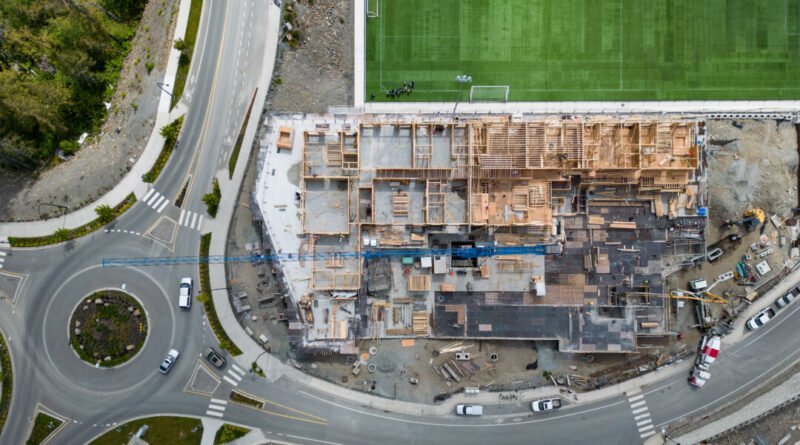Report Shows New Housing Construction Requires $100,000 per Home for Infrastructure Funding
Canada is looking to speed up home construction, and the Canadian Urban Institute’s new report suggests that both public and private sectors will need to increase spending on municipal infrastructure for this to happen. The report, supported by the Canada Infrastructure Bank, calculates that the average cost of infrastructure necessary to support housing is likely over $100,000 per newly constructed home. This includes funding for resources like public transit, roads, water lines, schools, fire halls, and recreational facilities.
The Canada Mortgage and Housing Corp. predicts that Canada will need an additional 3.5 million housing units by 2030, in addition to the 2.3 million already planned, to restore affordability levels to those seen in 2004. This surge in housing starts, exceeding 500,000 homes annually, is equivalent to building a city the size of Calgary each year for seven years, according to report author Michael Fenn, who has extensive experience in municipal affairs and housing.
Addressing the housing crisis in Canada means addressing the investment crisis, says Canadian Urban Institute CEO Mary W. Rowe. She emphasizes the importance of having the necessary infrastructure, such as water lines, streets, sewers, and storm drains, to facilitate the construction of new homes.
While some new housing may benefit from existing infrastructure, the report highlights obstacles to financing newly required projects. Municipalities often refrain from acquiring debt or passing on capital costs through property tax hikes due to political concerns. Some municipalities hinder growth by requiring developers to pre-pay the full capital cost of durable infrastructure. The report also mentions municipal resistance to relying on the private sector to provide public infrastructure, especially if it involves ownership or control transfer.
The report suggests various alternatives, such as shifting from upfront development charges to a payment model spread over the asset’s lifespan. It proposes that municipalities create new financing mechanisms to share infrastructure costs among stakeholders, including developers. Implementing tools like land value capture and tax increment financing can help cities offer more services, according to the report.
Additionally, the report recommends leveraging private capital to invest in public infrastructure through entities like utility and development corporations. Sharing financial risks with institutional investors, who are better equipped to absorb them, is advised. Canada Infrastructure Bank CEO Ehren Cory emphasizes the importance of new financing supports to help municipalities build necessary housing infrastructure ahead of population growth.






